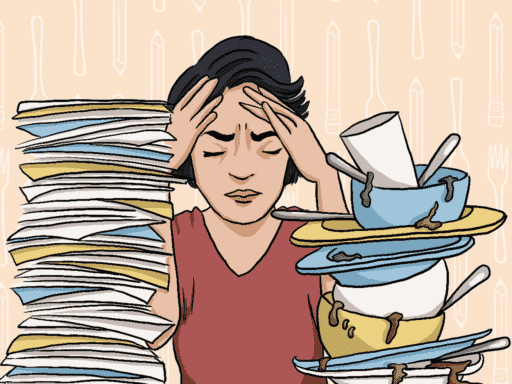After decades of women’s rights gains, why are women less happy?
/cdn.vox-cdn.com/uploads/chorus_asset/file/15986155/Vox_The_Highlight_Logo_wide.jpg)
Part of The Happiness Issue of The Highlight, our home for ambitious stories that explain our world.
/cdn.vox-cdn.com/uploads/chorus_asset/file/19369917/Panel_1.png)
/cdn.vox-cdn.com/uploads/chorus_asset/file/19369919/Panel_2.png)
/cdn.vox-cdn.com/uploads/chorus_asset/file/19369922/Panel_3.png)
/cdn.vox-cdn.com/uploads/chorus_asset/file/19369923/Panel_4.png)
/cdn.vox-cdn.com/uploads/chorus_asset/file/19369925/Panel_5.png)
/cdn.vox-cdn.com/uploads/chorus_asset/file/19369928/Panel_6.png)
/cdn.vox-cdn.com/uploads/chorus_asset/file/19369930/Panel_7.png)
/cdn.vox-cdn.com/uploads/chorus_asset/file/19369931/Panel_8.png)
/cdn.vox-cdn.com/uploads/chorus_asset/file/19369932/Panel_9.png)
/cdn.vox-cdn.com/uploads/chorus_asset/file/19369934/Panel_10.png)
/cdn.vox-cdn.com/uploads/chorus_asset/file/19369935/Panel_11.png)
/cdn.vox-cdn.com/uploads/chorus_asset/file/19369937/Panel_12.png)
/cdn.vox-cdn.com/uploads/chorus_asset/file/19369938/Panel_13.png)
/cdn.vox-cdn.com/uploads/chorus_asset/file/19369940/Panel_14.png)
/cdn.vox-cdn.com/uploads/chorus_asset/file/19369941/Panel_15.png)
/cdn.vox-cdn.com/uploads/chorus_asset/file/19369942/Panel_16.png)
/cdn.vox-cdn.com/uploads/chorus_asset/file/19369943/Panel_17.png)
/cdn.vox-cdn.com/uploads/chorus_asset/file/19369945/Panel_18.png)
/cdn.vox-cdn.com/uploads/chorus_asset/file/19369948/Panel_19.png)
/cdn.vox-cdn.com/uploads/chorus_asset/file/19369949/Panel_20.png)
/cdn.vox-cdn.com/uploads/chorus_asset/file/19370414/Sources_final.png)
Aubrey Hirsch is a writer and illustrator in Berkeley, California. Her work has appeared in the Nib, the New York Times, the Rumpus, and elsewhere.
Author: Aubrey Hirsch
Read More



